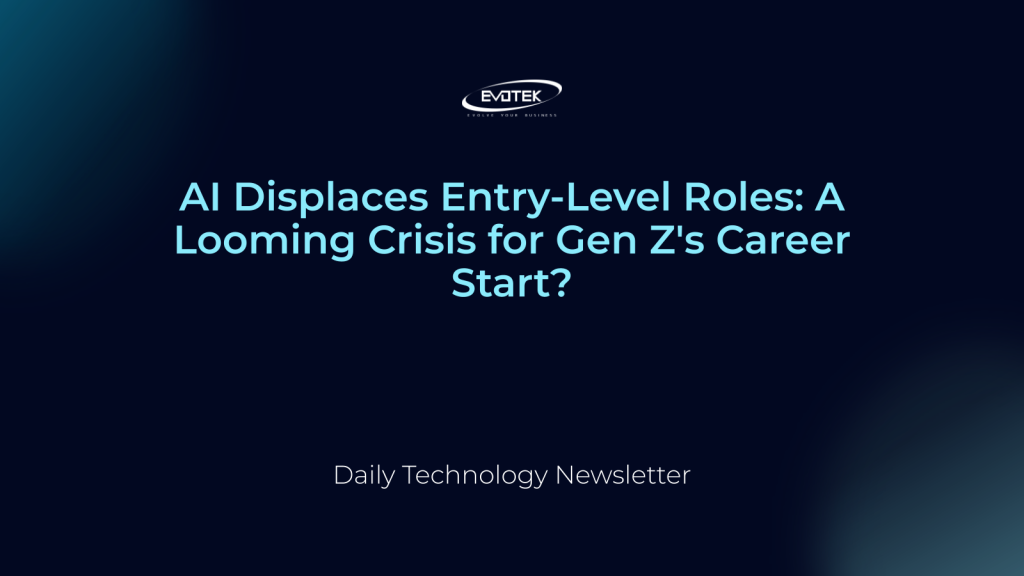The landscape of entry-level employment is undergoing a radical transformation, fueled by rapid advancements in artificial intelligence. As AI systems become increasingly sophisticated, they are taking on tasks traditionally performed by junior staff, raising critical questions about the future careers of Generation Z.
Donald King’s journey exemplifies this evolving professional world. After graduating from the University of Texas at Austin in 2021, King initially secured an associate position at the London-based consulting giant, PricewaterhouseCoopers (PwC). Always inclined towards business – even launching his own hedge fund during his undergraduate years – King soon found himself drawn to the burgeoning tech sector. Early in 2024, following PwC’s significant $1 billion investment in artificial intelligence, he transitioned into a new role as a data scientist within the company’s nascent Global AI Factory.
In his new capacity, King works alongside engineers from PwC and OpenAI, specializing in customizing autonomous AI systems, known as agents, for Fortune 500 clients. These AI agents are proving remarkably adept at modernizing complex backend software – work that multinational corporations previously contracted thousands of human consultants to perform. For instance, tasks like updating inventory systems or streamlining SAP accounts-payable processes for companies like Home Depot are now efficiently handled by these intelligent systems.
Consultants are among the earliest and most prolific adopters of AI, and King sees himself at the forefront of this new era of automation. He is instrumental in creating and deploying these powerful agents for PwC’s diverse client base. Despite the demanding 80-hour workweeks, which often limit his personal time, King enjoys a six-figure salary and a high-rise apartment above Hudson Yards, a testament to the lucrative opportunities within specialized AI fields.
However, King’s individual success story casts a stark light on a broader challenge. While highly skilled individuals like King are thriving in specialized AI development, the widespread adoption of these autonomous systems is directly impacting the availability of traditional entry-level positions. The automation of foundational tasks raises the critical question: What happens when Gen Z-ers, without a direct path into cutting-edge AI development, struggle to find those initial career stepping stones?
This shift suggests a potential paradigm where the barrier to entry into many professional fields becomes significantly higher, demanding advanced technical skills or a direct engagement with AI development. The “New Age of automation” championed by pioneers like King promises efficiency and innovation but simultaneously poses an unprecedented challenge for the next generation entering the workforce.

 日本語
日本語 한국어
한국어 Tiếng Việt
Tiếng Việt 简体中文
简体中文